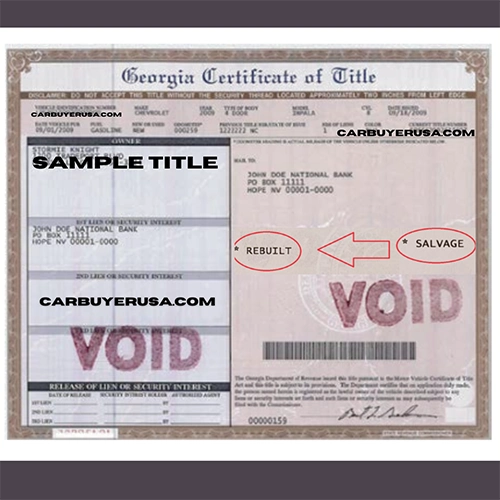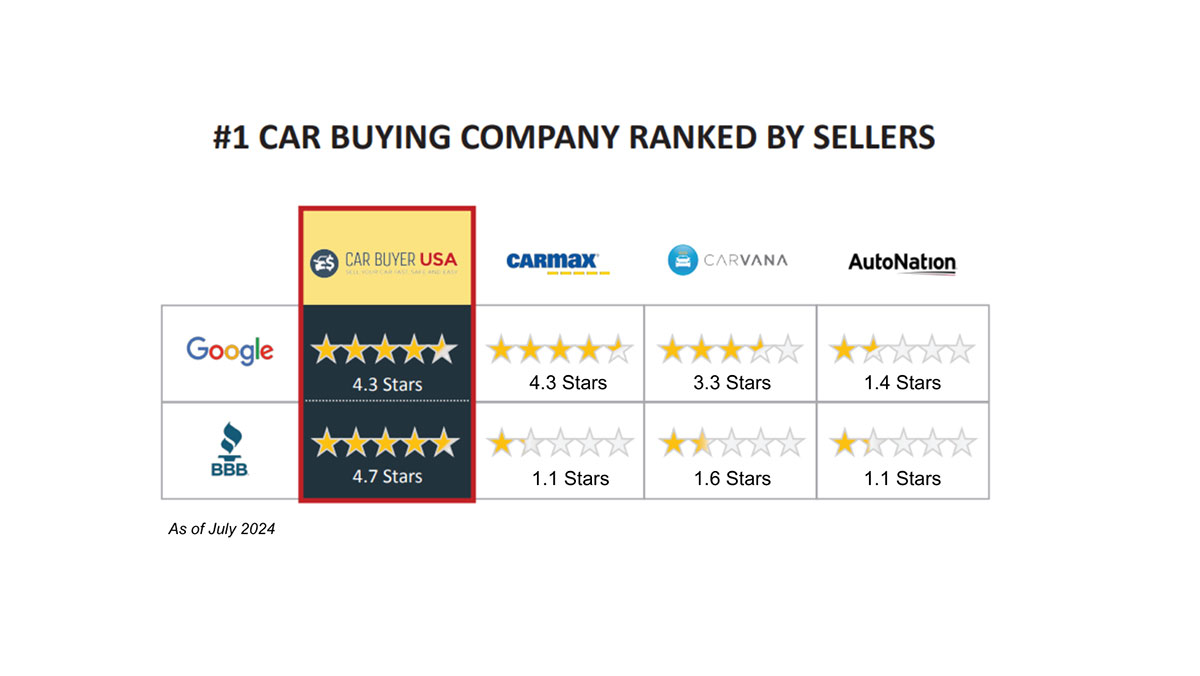
A salvage title is commonly assigned to a vehicle that has sustained extensive damage, such as an accident, flood or other disaster. This occurs when an insurance company declares the vehicle a total loss and has been reported to the relevant authorities. The owner would then submit necessary documents, including current proof of ownership, details of the damages and what is required by the titling state, as all states may have different requirements.
After receiving the salvage title, the process of transferring the salvage to a rebuilt title involves having the vehicle repaired and inspected. The owner must commit to extensive repairs, which can vary in complexity, from repairing structural issues to replacing damaged components. Thus, being crucial to ensure the repairs meet safety and road worthiness standards. Depending on the severity of the damage, this can cost more than the owner is willing to pay and will settle with the insurance company for total loss. Most states have a total loss threshold that represents the % of repairs allowed in comparison to the Actual Cash Value of the vehicle (ACV). Typical thresholds range from 50-100% of the ACV or Fair Market/Book Value of the vehicle. If the threshold is exceeded, the vehicle must be declared a total loss salvage vehicle and may be deemed parts only. This is controlled at the state level, but it should be a clear warning to the prospective buyer that the vehicle repairs are extreme and the damages were severe and the vehicle may not perform as designed in a crash or even be road worthy. Many unsuspecting buyers purchase salvage vehicles that are parts only and cannot be registered for on-road use. Others are duped into believing that they have the resources to repair the vehicle themselves for less than the insurance company and they cut corners to save money. Deal-chasing compromises, durability, quality, reliability and impacts safety of the vehicle and its occupants - not a good story!
If repairs are completed, the vehicle will require a physical inspection. This inspection is more often done by a certified professional or a designated state inspection facility. This is to verify that the repairs were done correctly and that the vehicle meets all safety and emission standards required by the issuing state. Some states may have additional requirements or specific criteria to be taken into account before a rebuilt titling state Department of Motor Vehicles (DMV) or similar agency, depending on the state, will guide the owner along with all that is needed to move the vehicle to the inspection stage. If the vehicle passes inspection, a rebuilt title will be issued, stating that the vehicle is fit for use and road worthy.
Moving along to selling a salvage or rebuilt vehicle, owners will often find this will definitely affect the resale value. Vehicles with salvage titles generally have a more significant depreciation in value due to the damage history. However, selling a rebuilt vehicle may sound a bit more optimistic. If the repairs and restoration were done professionally and well documented, this provides transparency in the selling process.
Despite the challenges above, there is a market for rebuilt vehicles. Nonetheless, selling a vehicle with either title requires patience and the willingness to negotiate on price, emphasizing the importance of documentation and transparency. Car Buyer USA does buy Salvage and Rebuilt titled vehicles. For more information on selling your salvage or rebuilt titled vehicle, please refer to the information below.
Call for your quote at: 678-635-2050
Email us for more information at: info@carbuyerusa.com
Or click here: Get Offer For Your Car


